School Bus Drivers are our most trusted resource in child safety.
About
Regional Transportation
There are 5 regional transportation coordinators statewide that liaison between the Office of the Superintendent of Public Instruction (OSPI) and local school districts. The program is funded by the state legislature through a grant from OSPI. ESD 112 and ESD 113 are identified as Student Transportation Region 1 in the state of Washington.
Region 1
Region 1 provides services to the 75 districts in ESD 112 and ESD 113.
Region 1 headquarters is housed at ESD 112 and works closely with the Student Transportation section at OSPI and other agencies.
Regional coordinators from each region participate in the following statewide functions:
- State Quote Specifications for school buses and state bid
- Liaison with Washington State Patrol on required school bus inspections
- Liaison with other state agencies on school bus related issues (i.e. Department of Ecology, Department of Transportation, Department of Licensing)
- Provide information regarding school bus driver qualifications and training requirements
- Development of guidance documents provided to school districts
Services
- Attend regional chapter meetings of the Washington Association of Pupil Transportation (WAPT) and driver trainer groups to share state and federal regulatory updates, training updates, and participate in discussions regarding industry issues and best practices
- Provide unlimited technical support to school districts, at no charge, regarding transportation issues and challenges
- Upon request, provide detailed analysis of district transportation operations and recommendations for improvements
- Assist districts with data collection and reporting requirements for student transportation funding allocated to districts by the state
- Provide access to transportation video library containing training resources available for check out to school districts for school bus driver meetings
WAPT
Regional WAPT Chapter Supervisor’s Meetings
The Washington Association of Pupil Transportation (WAPT) was organized in 1976 by a group of transportation supervisors to promote networking and education for transportation supervisors around the state. Over the last 35 years, the organization has evolved to include all persons involved in pupil transportation. Membership is open to Superintendents, Central Office Administrators, Supervisors, Dispatchers, Driver Instructors, and Shop Personnel. The membership is divided into geographical chapters with each chapter meeting during the year at conveniently located facilities.
Regional WAPT Chapter and Supervisor Meetings
For more information about Region 112 and Region 113 WAPT Chapters, visit the WAPT website.
Pupil Transportation Management Program
Are you a driver that wants to make a move into the office? Are you in the office and want to become a supervisor? CWU Pupil Management Program is where you want to start. WAPT, OSPI, and Central Washington University jointly offer this three-year program, comprised of one week in the summer and a major project annually.
Students enrolled in and completing the program are improving skills already used in their position or gaining knowledge that will help in their pursuit of a supervisory position.
For further information contact:
Dan Payne,
Program Coordinator,
33 S. Second Avenue,
Yakima, WA 98902
509-454-3105
ESD 112 Chapter—Supervisor Association Officers
Jenny Kosaki President
TBD President-elect
Laura Nowland Secretary
Shannon Barnett Treasurer
Jesse Miller ESD 112 WAPT Board Representative
ESD 113—Capitol Chapter Supervisor Association Officers
Deanna Maddux President
Jeff Gregory President-Elect
TBD Secretary
Dawn Avery Treasurer
TBD ESD 113 WAPT Board Representative
Be a Bus Driver
So You Want to Be A School Bus Driver?
The Regional Transportation Office often receives inquiries from individuals who would like to become a school bus driver. The following tips can point you in the right direction:
- Contact the school district in which you live and speak to the student transportation supervisor to determine if they are looking for school bus drivers. Many districts provide free training and teach the necessary skills for you to obtain your commercial driver’s license (CDL) and necessary endorsements for school bus driving.
- Check with the district to see if they cover the full costs or reimburse any part or all of the training or testing fees. This varies between school districts so it is important to clarify before you begin the process. Often times, school districts are willing to cover the costs of obtaining the necessary licenses and endorsements as well as driver training and testing. However, where one district may only cover the cost of some items and reimburse testing fees after 90 days, another district may pay a minimal wage per hour x 40 hrs of training but no other costs. Still another district may cover nothing — not even the drug testing, medical card or first aid fees.
- If you already have your CDL and experience as a driver, a school district will train you and may assist you in paying for your necessary endorsement and testing fees. Check with the district as this also varies.
- If you do not have a CDL or any driving experience, a school district may be willing to assist in the fees to obtain a CDL and will provide necessary training to help you become a school bus driver. Check with the district as this also varies.
For requirements needed to obtain a commercial driver’s license, please contact the Washington State Department of Licensing.
School Bus Driver Qualifications
Individuals must meet the following qualifications in order to become a school bus driver in the state of Washington.
- Be at least twenty-one years of age.
- Have at least one year of experience as a driver of a truck or commercial vehicle requiring a special endorsement or, in the alternative, at least five years of experience as a driver of a passenger vehicle.
- Submit to a criminal record check according to chapter 28A.400 RCW which shows that no offenses have been committed which would be grounds for denial of an authorization.
- Satisfactorily complete a school bus driver training course.
- Meet all applicable continuing school bus driver requirements in WAC 392-144-102.
Resources
- School Bus Driver Qualifications—WAC 392.144
- Continuing Qualification Requirement—RCW 4-.43-834
- Conditions Revoking School Bus Driver License —WAC301-144-103
- Washington State Department of Licensing—Commercial Driver’s License Division
Contacts
Region 1 Contacts
Courses & Training Programs
Transportation Resources
CWU Pupil Transportation Management Training Program
OSPI—Student Transportation (OSPI)
State Student Transportation Directory
Washington State Department of Licensing (DOL)
Washington Association for Pupil Transportation (WAPT)
School Bus Driver Qualifications – RCW 392.144
National Congress for School Bus Transportation (NCSBT)
National Association of Pupil Transportation (NAPT)
American School Bus Council (ASBC)
School Bus Information Clearing House (SBICH)
School Bus Drivers Wanted
Paid CDL training. Apply below or call 360-750-7510.

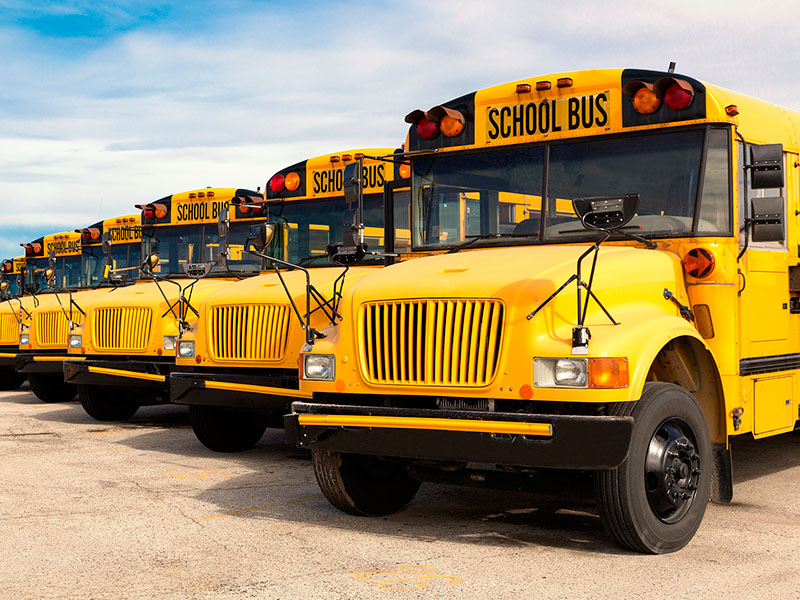

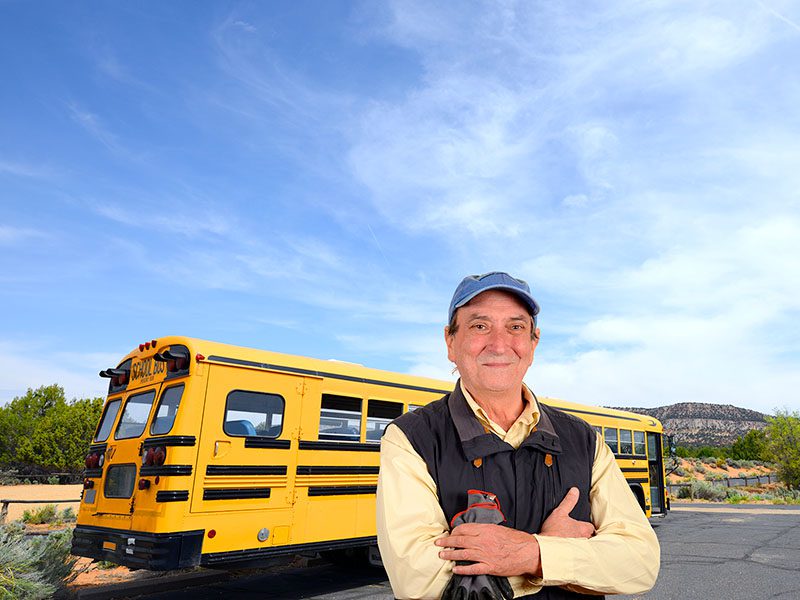
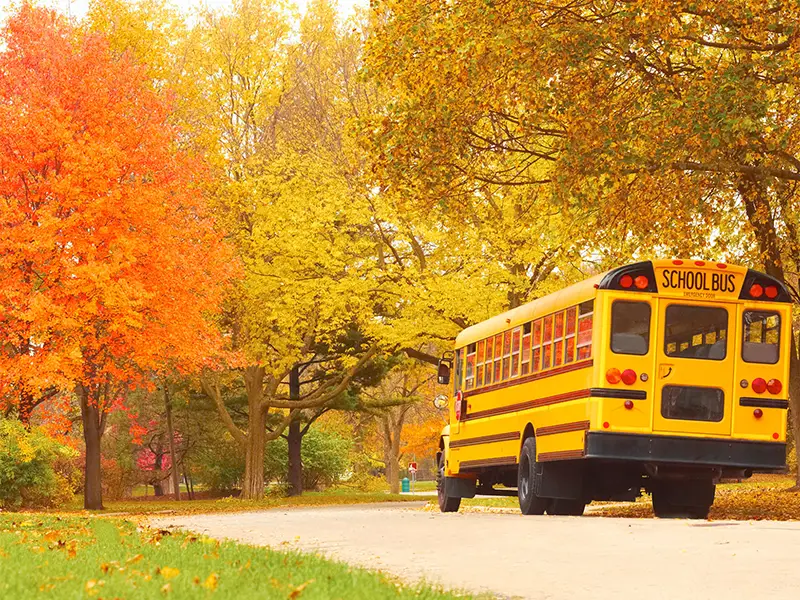


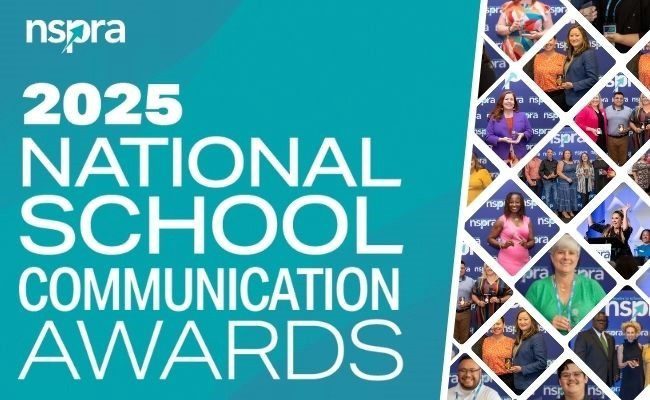
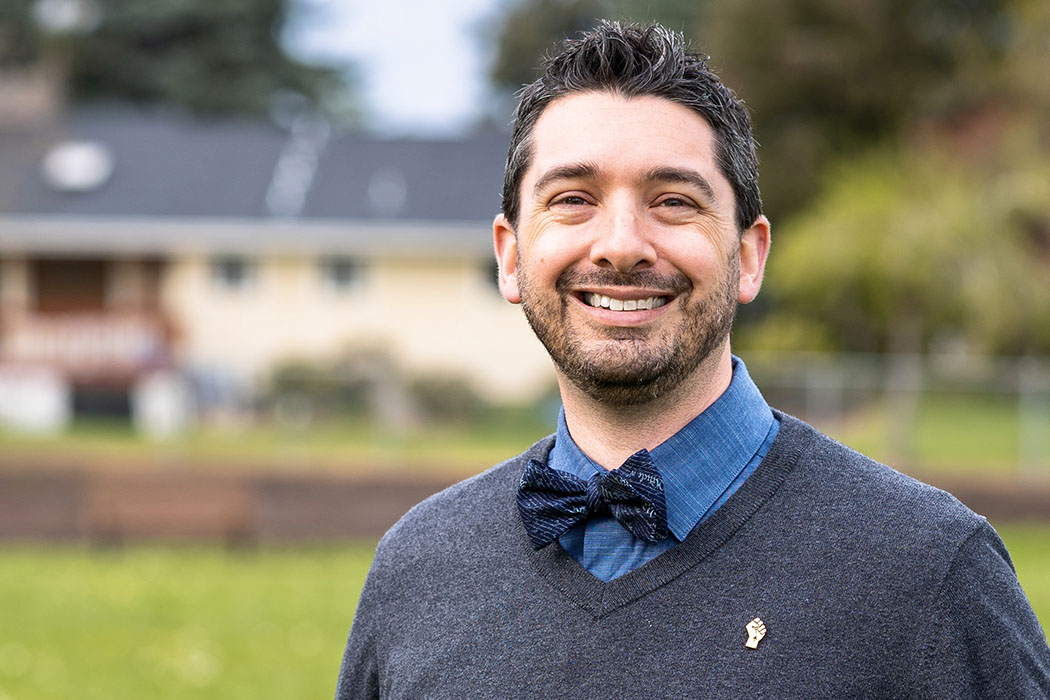
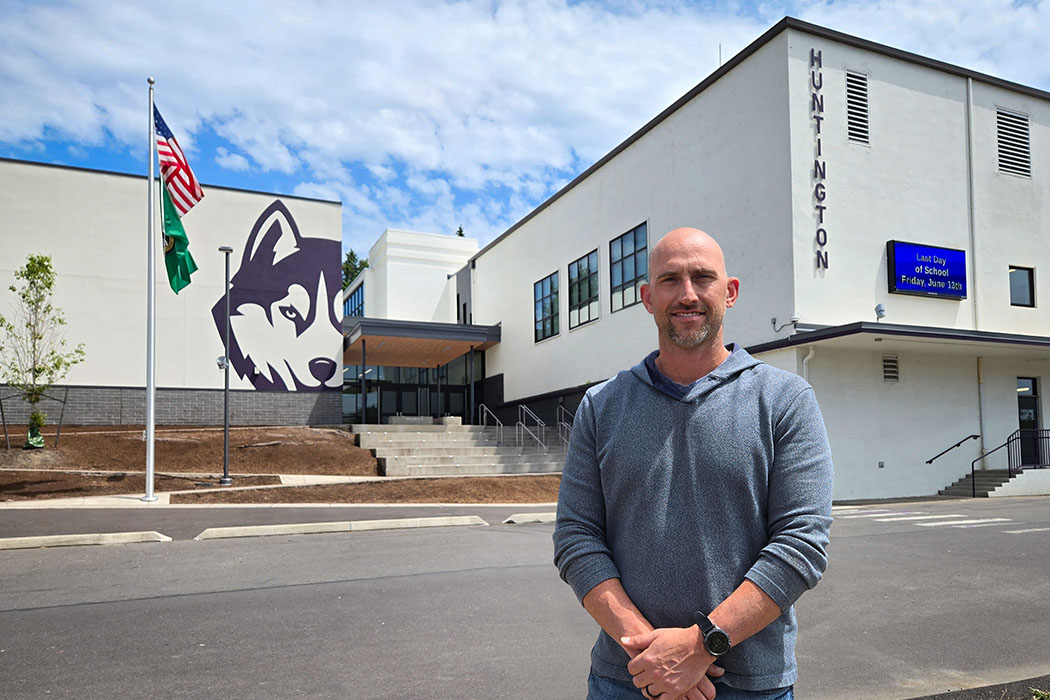

 ESD 112 equalizes educational opportunities for learning communities through innovative partnerships, responsive leadership, and exceptional programs.
ESD 112 equalizes educational opportunities for learning communities through innovative partnerships, responsive leadership, and exceptional programs.